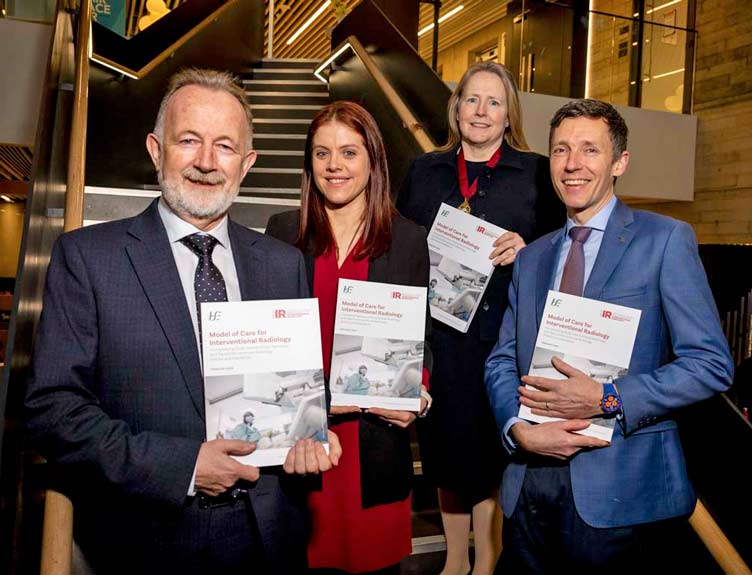National study of COVID-19 in Ireland shows links between underlying conditions and poorer outcomes
A national study of 20,000 patients conducted by RCSI University of Medicine and Health Sciences and the HSE Health Protection Surveillance Centre (HPSC) has identified the underlying conditions that are associated with more severe outcomes from COVID-19 in an Irish setting.
The research, published in The Lancet Regional Health - Europe, will help inform national public health policies and assist in future treatment and prevention strategies for people at most risk from the virus.
The study took place during the first wave of the pandemic between March and July 2020, and is the first national surveillance study in Ireland to capture data from both hospital and community settings. HPSC collected data for almost 20,000 confirmed cases of COVID-19. The association between underlying conditions and more severe outcomes from COVID-19 was examined, including mortality, admission to hospital or admission to ICU.
Amongst the patients studied, there were 1,476 (7.5%) deaths, 2,811 (14%) hospitalisations and 438 (2%) ICU admissions. The conditions that were identified as carrying the most risk were chronic heart disease, a chronic neurological condition, chronic kidney disease and cancer. Patients who were morbidly obese (defined as a Body Mass Index equal to or greater than 40) were also identified as being at higher risk of more severe outcomes from COVID-19.
Professor Kathleen Bennett, Associate Professor in Biostatistics at RCSI, said: "Previous studies conducted have suggested that specific underlying conditions influence adverse health outcomes among those with a confirmed diagnosis of COVID-19. However, the majority of these studies have focused on hospital-based or local populations only. This study is the first population-based research to capture data across all settings in Ireland, including both community and hospital settings, and so it gives us a better picture of the impact of the disease on patients at the population level.
"The findings are of particular relevance as the national vaccination programme is well underway including those at very high risk and high risk from the most severe outcomes of COVID-19."
Dr John Cuddihy, Director of the HPSC, said: "This study would not have been possible without the commitment of the staff of the HSE Public Health Departments, the HSE Contact Management Programme (CMP) and HPSC in collecting and analysing the data. We are also very grateful for the cooperation of the patients who were interviewed and shared their insights as part of the study."
In the study, non-severe cases were interviewed via phone by regional contact tracing centres or Departments of Public Health. Data on hospitalised or severe cases was collected by public health or contact tracing teams, with some information provided by hospital teams. Data collected included age, sex, community health organisation, living in a residential care facility or not and likely source of transmission (close contact of a known confirmed case, community transmission, travel related, healthcare acquired or unknown).
The study was conducted by researchers from RCSI, supported by the HSE and HPSC. Authors, Professor Kathleen Bennett and Dr Maeve Mullooly, were supported by funding from the Health Research Board.



